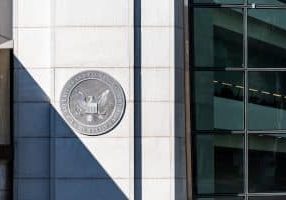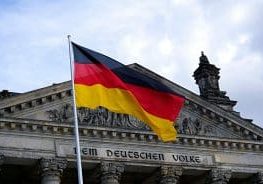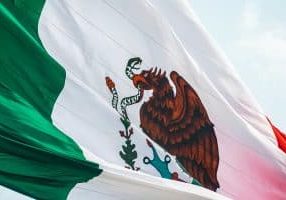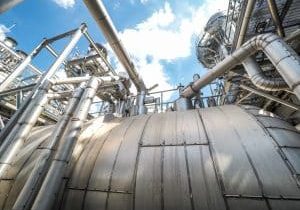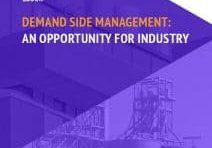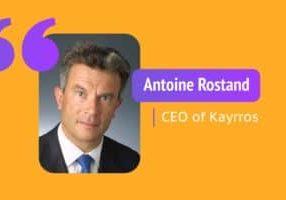There is no doubt that the huge acceleration towards digitalization is leaving its mark on the planet. In recent years, there has been a great shift towards automation and the use of innovations like artificial intelligence (AI). But even if this move consumes a fair amount of energy, it can also be an effective way to reduce energy consumption. By using AI and data pragmatically, we can take the right steps towards sobriety.
The challenges of Sustainable IT
The digital wave is energy intensive and will require more and more energy. Data centers, for example, account for almost 1% of the total global electricity demand according to the IEA. What’s more is that the data center workloads are exponentially increasing, due to increasing digitalization and need for data storage, however, with efficient hardware and infrastructure, it is possible for their energy consumption to remain stable (IEA).
It is necessary for all actors to put the right strategies in place in order to make this transition, as many companies have still not made this a priority. A study by Capgemini on Sustainable IT found that more than half of the organizations they surveyed were unaware of their IT footprint and most of their sustainability strategies were incomprehensive with no goals or targets.
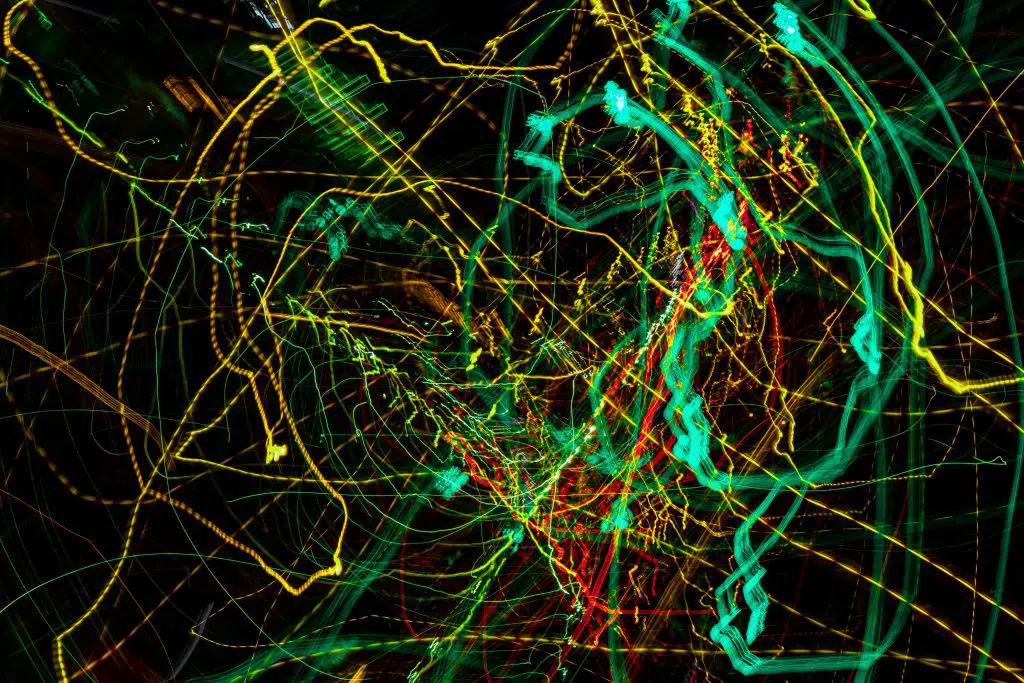
Digital for good
At METRON, we believe that digitalization and the use of AI are valuable tools for a greener future.
Digitalization brings transparency and a better understanding of what we can do to act appropriately. Decisions guided by pragmatism and sobriety allow to leverage the power of data for a positive impact. This is the aim of our pragmatic and operational EMOS that helps companies reduce energy consumption and carbon footprint.
We should use technologies like AI to improve existing systems and create targeted sustainability strategies. To remain efficient, good practices can be followed.
Knowing that data center workloads are increasing, it is more sustainable to only extrapolate relevant data using the right granularity, instead of aggregating redundant data, which requires extra storage and requires more effort to organize. IT enterprises can also store their data in a large, unified cloud and hyperscale data centres, which reduce the need for extra hardware.
Moreover, if back then the first actors of Big Data tended to store all historical data whatever the use, nowadays the trend is to only keep the valuable ones. Some information can be analyzed immediately and doesn't have a use for storage.
Solutions for Sustainable IT
By using digital solutions, which can collect data relating to energy consumption, organizations can track their usage so that they can be aware of information such as the extent of their carbon footprint and implement robust sustainability strategies in order to reduce it.
It is encouraging to see that data centers are aiming for carbon neutrality and that already in the past few years, IT companies have made great investments in renewable energy. Nevertheless, these enterprises must continue to invest in R&D and work with their host servers to build robust and sustainable solutions to overcome the challenges created by growing databases.
Digitalization allows for inspiring initiatives which show the wider social benefits that sustainable IT solutions can bring.
For example, the German carbon neutral web host Windcloud, runs their center solely on renewable energy. They mostly rely on wind, due to its abundance in the local district. Their heat emissions also nourish an algae farm on their roof, which absorbs carbon dioxide. Not only do they save money, but the algae can also be used for food and cosmetics, which can also be sold on.
One data center in the north of Paris was able to extrapolate specific information concerning the heat emitted from their hardware, and then use it to transfer this excess energy to heat local buildings. In this way, the company was able to transform their overhead into raw material, and local buildings were able to eliminate unnecessary energy use.
Such innovations can inspire all companies to find innovative solutions to overcome the digital challenges on all scales and make IT sustainable.
Looking forward
It is evident that digitalization is an integral part of decarbonization roadmaps. But we have to leverage it in the most productive manner. Finding the right balance is imperative, so that we use it for carbon reduction, while remaining aware of its own environmental impact. It is the only way to ensure a positive outcome of digitalization in the energy transition.
This move towards digitalization should not only be reserved for tech actors who guide the way. Groups in the industrial and tertiary sector who are already using digital technologies in more aspects of their business should also make this move. Integrating efficiency in the design of their products for a greener future is a positive way to start.
To learn more about IT for Green, you can read METRON's paper included in HEC Liège's Cahiers du Digital which focuses on Sustainable IT.
